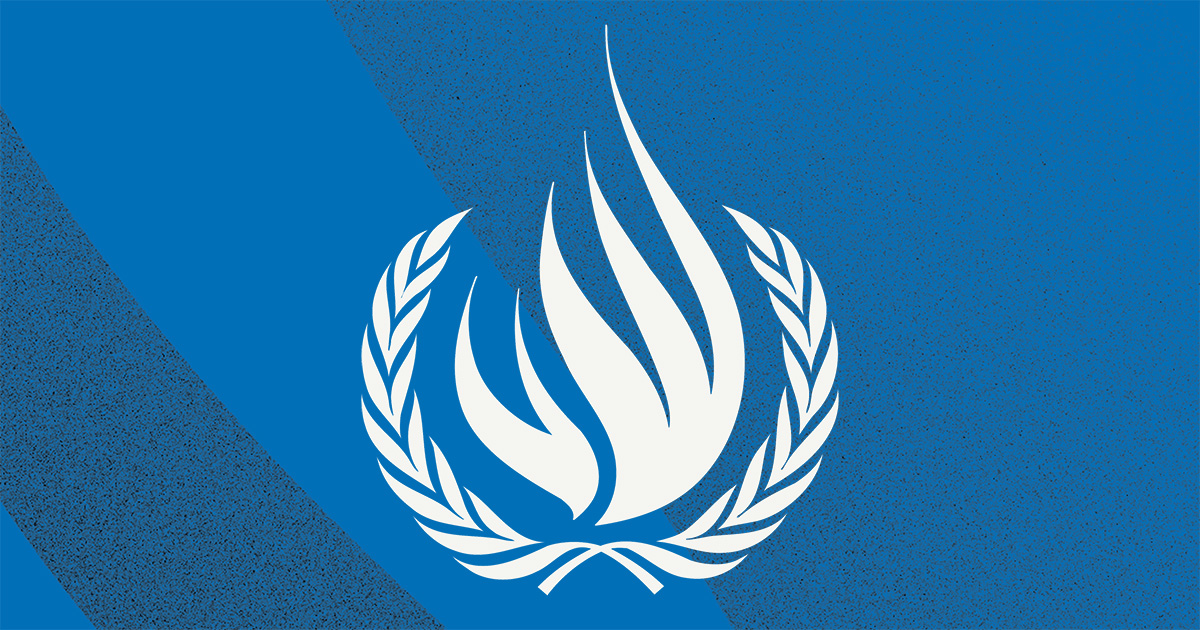
JEDDAH: The G20’s Think 20 (T20) engagement group hosted an online event on Tuesday to discuss the threats and challenges posed by climate change, and consider possible solutions. In particular, they examined ways in which carbon emissions can be reduced or offset.
The Task Force 2: Climate Change and Environment webinar, organized in corporation with the Institute of Energy Economics in Japan, was the second virtual T20 event in the run-up to the main G20 meeting in Riyadh in November.
The sessions included discussions about the circular carbon economy; the blue carbon economy; ways to encourage cooperation on climate action; conservation and the restoration of biodiversity; and how climate concerns might affect post-pandemic economic recovery and vice versa.
The aim was to identify strategies and develop recommendations that can be presented during the main G20 Summit for actions that can be taken to curb climate change and achieve the goals of the 2016 Paris Agreement.
“Climate change is at the heart of global issues,” said Dr. Noura Mansouri, a research fellow at King Abdullah Petroleum Studies and Research Center (KAPSARC), and lead co-chair of TF2.
“It’s an urgent global challenge and requires urgent action — not just individual action but a coordinated approach — and the G20 is an important platform for that to happen. In fact, if the G20 does not use its platform for climate change, I don’t think any other platform will be as powerful and impactful for climate action.”
About 30 percent of global CO2 emissions come from carbon-intensive industries such as iron and steel, petrochemicals and transport. Experts believe the best way to effectively tackle the issue and achieve the Paris Agreement targets is by adopting a circular carbon economy.
“Embracing all energy technologies under the ‘four Rs’ of the circular carbon economy is important: to reduce, reuse, recycle and remove carbon,” Mansouri said during a panel discussion. “It is an essential means to (achieve) a low-carbon future through coordinated G20 efforts to support carbon-management and technology innovations.
“The Saudi G20 presidency is proposing the circular carbon economy as an integrated and inclusive approach to transition toward a more comprehensive, resilient, sustainable and climate-friendly energy system.”
Decarbonization is vital to achieving the goals of the Paris Agreement, and nature-based solutions can help, experts say.
“The circular carbon economy makes sense because it’s how nature manages carbon, through a close balance between emissions and removal of carbon dioxide,” said Prof. Carlos Duarte, who holds the Tarek Ahmed Juffali Research Chair in Red Sea Ecology at the King Abdullah University of Science and Technology.
Discussions and debates about climate change and its effects on the environment have been going on for some time, but investment in nature-based solutions is increasingly in the spotlight, especially since the COVID-19 pandemic began.
Blue carbon is another way in which nature can help tackle emissions. It refers to carbon that is captured by marine and coastal ecosystems, such as mangroves, tidal marshes and seagrass meadows. They are capable of storing more carbon than land-based ecosystems, such as forests, and are increasingly recognized for the vital role they can play in mitigating the effects of climate change.
“Rather than finding new technologies, not knowing their side effects, we have nature-based solutions — let nature recuperate,” said Ralph Chami, assistant director of the Institute for Capacity Development at the International Monetary Fund.
As evidence grows that many of the same human activities that are fueling climate change have also contributed to the spread of the coronavirus, including the growing popularity of air travel, one key option explored during the webinar was to place a transition to green energy at the heart of post-pandemic economic-recovery plans.
The discussion focused heavily on the role of the private sector in facilitating such a transition and the need for more accurate data on fossil fuels. The session was moderated by Dr. Aisha Al-Sarihi, a research associate at KAPSARC, and the panelists included Dr. Leila Dagher, an associate professor of economics at the American University of Beirut; Jonathan Stern, a distinguished research fellow at the Oxford Institute for Energy Studies; and Mari Luomi, an independent expert on climate, energy policy, politics and environmental sustainability.
By giving more than 160 experts from around the world the chance to work together to produce 24 policy briefs, T20 Saudi Arabia presented a golden opportunity to highlight pressing global issues to the leadership of the G20.
“When it comes to our journey as the T20, and over the past year of bringing together global think tanks to think with us and provide the ideas bank for the G20 Saudi presidency, we can’t but appreciate the efforts that went into it,” said Mansouri.
“We must see the COVID-19 crisis as a lesson in how to address climate change quickly and cooperatively. Coordinated G20 efforts are vital in pursuing this goal. Post-pandemic economic-recovery stimulus packages should not derail climate actions, and must utilize a circular carbon economy framework to simultaneously address social and environmental concerns while stimulating economic prosperity for a more inclusive and sustainable future.”
Saudi Arabia holds the presidency of the G20 this year and the group’s annual summit is due to be held in Riyadh in November. The T20, a network of think tanks and researchers, is one of several independent G20 engagement groups, led by organizations from the host country. They focus on different sections and sectors of society and develop policy recommendations that are presented to G20 leaders for consideration.












